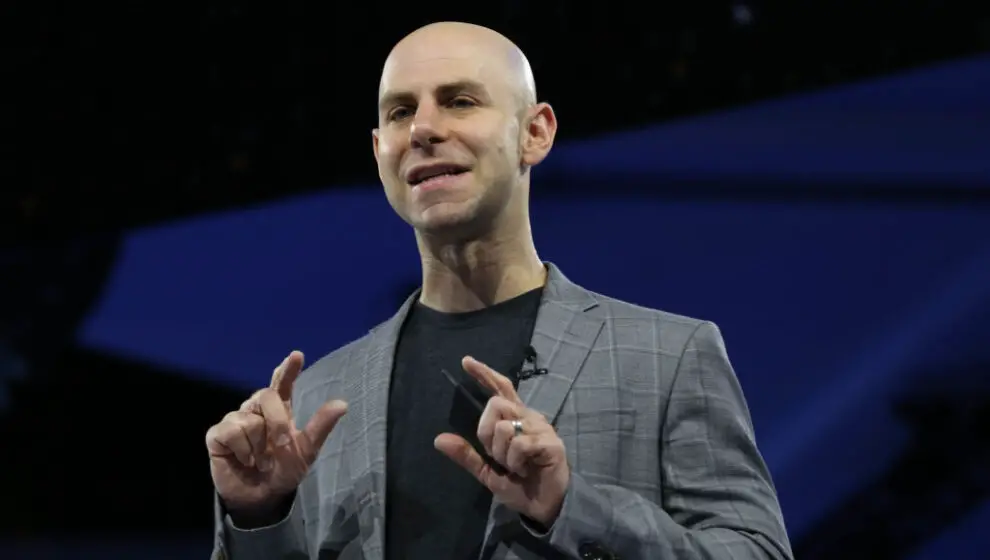Organizational psychologist and Wharton management professor Adam Grant has a warning for companies forcing their employees back to the office—don’t do it.
Key Details
- As more companies prioritize in-person work, Grant warns that companies should not “mistake presence for performance.”
- His tweet reminds employers that the value of in-person work is not necessarily productivity but culture-building and collaboration, Fortune reports.
- These valuable company traits will eventually result in productivity gains, but these are long-term investments.
Why it’s news
While employees value the flexibility of remote work, more employers and managers are pushing a return to the office to facilitate growth in company culture. No matter the industry, many CEOs are prioritizing in-person work.
Many leaders cite company culture as the motivation for doing so. Amazon’s Andy Jassy says that company culture is easier to “model, practice, and strengthen” when employees are in the office. Goldman Sachs CEO David Solomon says in-person work is valuable to the company’s “cultural foundation.”
Whether or not a company focuses on a fully in-person model or a hybrid system, the business needs to clearly outline the expectations and goals of the transition. Airbnb CFO Dave Stephenson attributes the success of the company’s “Live And Work Anywhere” policy to the clearly-communicated expectations from managers. This system only brings people into the office when in-person collaboration is the most effective.
“I’d rather people know that they will be in the office for five days next week working on a specific program and getting it done than three random days a week when the benefit of that random interaction is meager,” Stephenson says.
At companies where employees are not given clear reasoning or expectation, like Amazon and Apple, businesses have struggled with strong employee pushback and even some worker walkouts, Fortune reports.
Notable quote
“To all the companies calling people back to the office full-time: Don’t mistake presence for performance. Showing up is not a sign of commitment or contribution. It’s an act of compliance. What matters is the value people create, not the place they inhabit,” Grant says.
